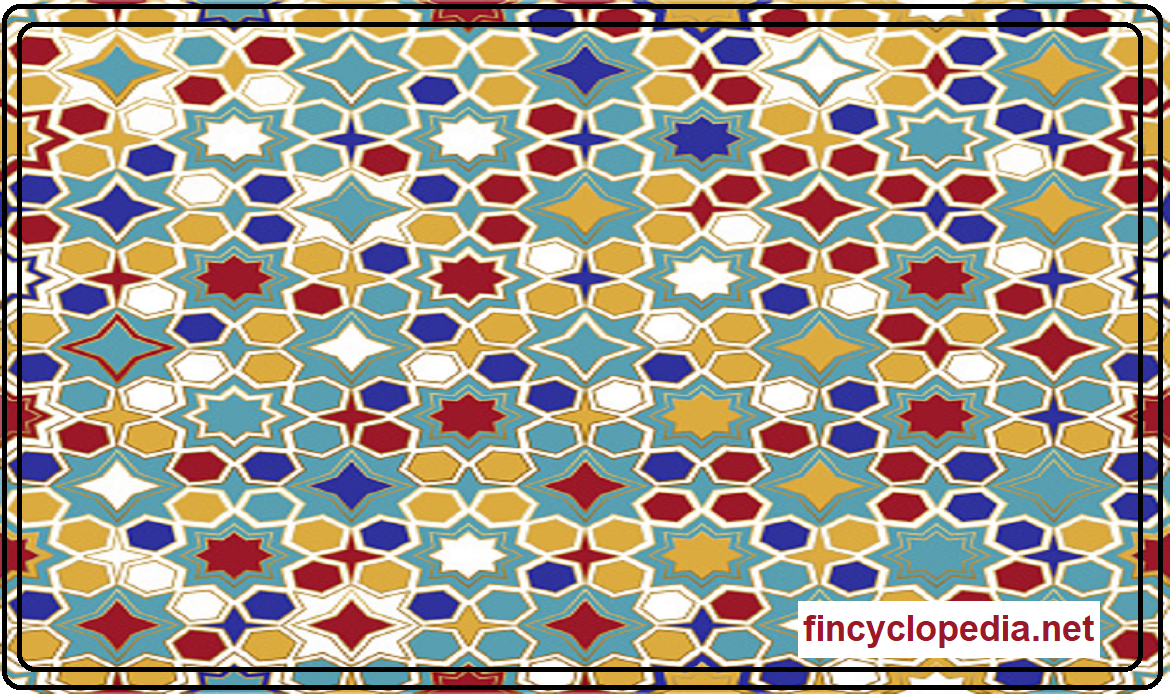Originally known in Arabic as tawarruq, it is a transaction whereby a person buys an asset/commodity from a seller on the basis of deferred payment, whether through a musawama or murabaha contract , and sells it to a third party on cash basis at a given price. The price can be equal to, or higher or lower than the original price. The sole purpose of tawarruq is having access to cash by involving a real, not fictitious, transaction. In this sense, tawarruq differs radically from eina which constitutes a fictitious transaction meant for paying and receiving riba in the guise of trading profit.
Commercial tawarruq is, per se, not a mode of financing or investment, but rather a last resort for cash-tight banks and financial institutions. Such institutions are expected to manage their assets and liabilities using the principal tools of mudaraba, agency to invest, Islamic mutual funds, investment susuk, etc. However, temporary or short-term liquidity shortage can be covered through tawarruq, provided that no other means are available to the bank and that if it doesn’t resort to tawarruq, its customer base may shrink or its operations may be halted or negatively affected.




